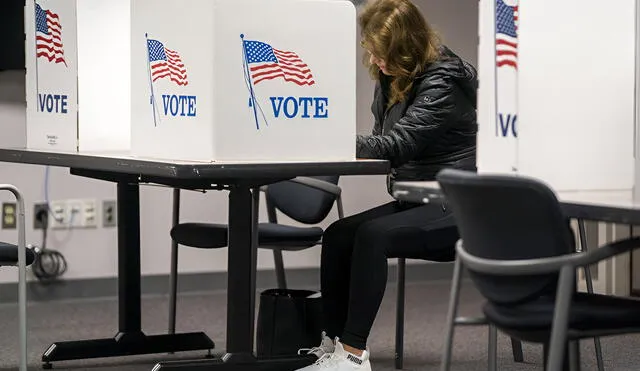US House passes bill requiring proof of citizenship for voter registration
Critics say the SAVE Act threatens U.S. democracy, warning it could block eligible voters and fuel election distrust ahead of the 2026 midterms.

On April 10, 2025, the U.S. House of Representatives passed the Safeguard American Voter Eligibility (SAVE) Act with a 220–208 vote. The bill would require individuals to present documentary proof of U.S. citizenship, such as a passport or birth certificate, when registering or updating their voter registration. Supporters argue that it strengthens election integrity and prevents non-citizens from voting. The bill has strong backing from Republicans, including Speaker Mike Johnson and the President Donald Trump. Its passage marks a significant push toward stricter voting regulations.
SAVE Act sparks backlash over voter suppression fears
Opponents of the bill, including most Democrats and voting rights organizations, warn it could disenfranchise millions of eligible American voters. Populations at risk include people of color, rural voters, the elderly, and Native Americans, who may lack ready access to required documents. Nearly half of U.S. citizens do not have a passport, making compliance more difficult. Critics also argue that the bill introduces unnecessary barriers to voter participation. They claim it solves a problem that doesn't meaningfully exist, as non-citizen voting is already illegal.
The legislation would also criminalize mistakes by election officials and require purging of voter rolls using data that may be incomplete or inaccurate. Similar laws in states like Kansas have led to the removal of tens of thousands of eligible voters. Civil rights groups compare the SAVE Act to a modern-day poll tax, warning it could disproportionately affect minority communities. They assert that the bill’s punitive measures would create fear and confusion among election workers and voters alike. This raises concerns about fairness and accessibility in future elections.
Biden, civil rights groups slam SAVE Act as voter suppression ahead of 2026
The Biden administration has voiced strong opposition to the SAVE Act. The White House emphasized that current federal law already prohibits non-citizens from voting in federal elections. It also warned that the bill would make it harder for eligible citizens to vote and increase the risk of erroneous voter purges. President Biden’s office described the bill as unnecessary and damaging to American democracy. Despite passing the House, the legislation is unlikely to move forward in the Democrat-controlled Senate.
Over 140 civil rights groups, including the ACLU and the Brennan Center for Justice, have signed a joint letter opposing the bill. They argue the measure is based on misinformation and intended to suppress voter turnout among communities of color and immigrants. Critics contend that the SAVE Act is part of a broader strategy to spread election denialism and erode public trust. Many view it as a politically motivated move ahead of the 2026 midterm elections. The debate highlights the ongoing battle over voting rights and election security in the U.S.












